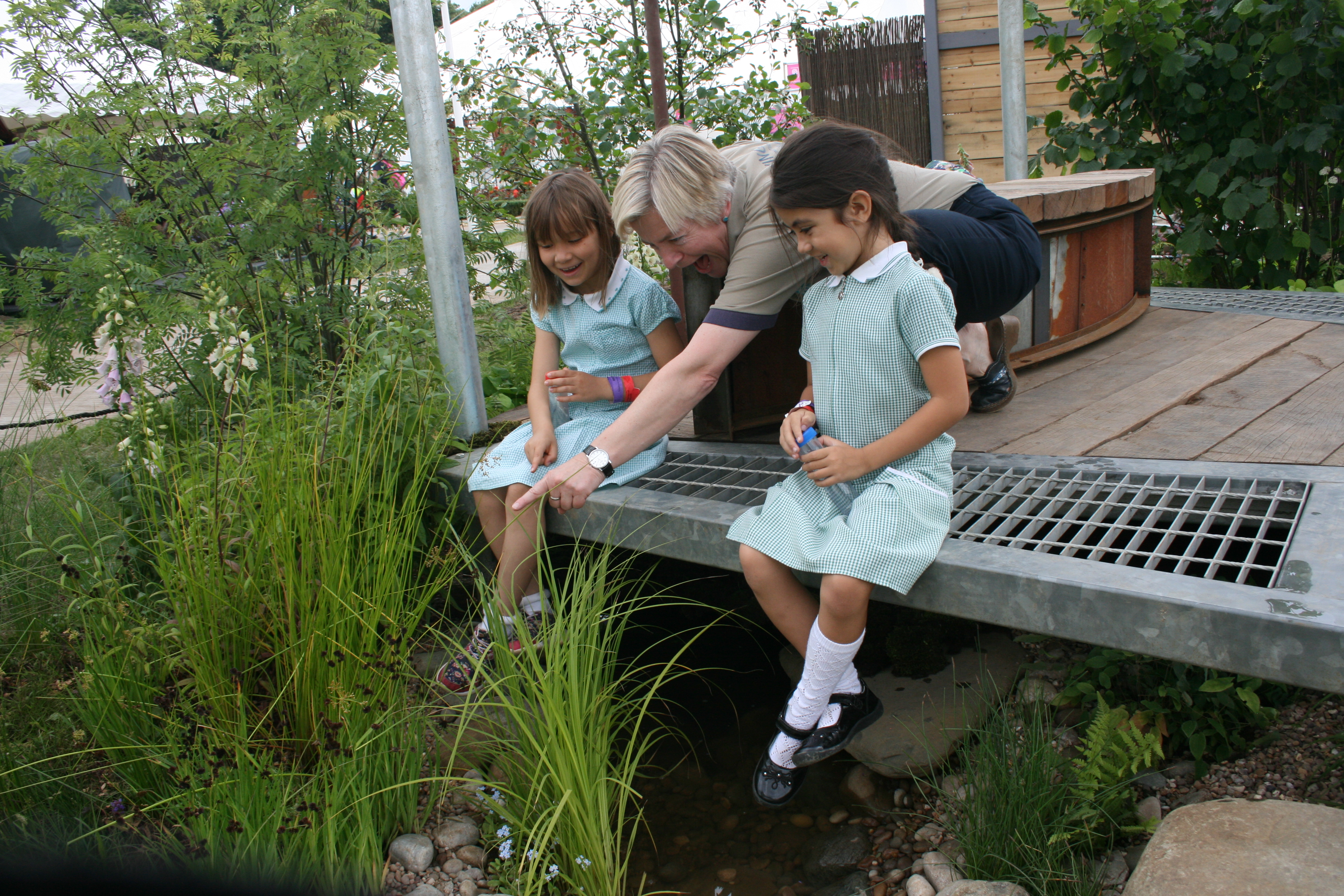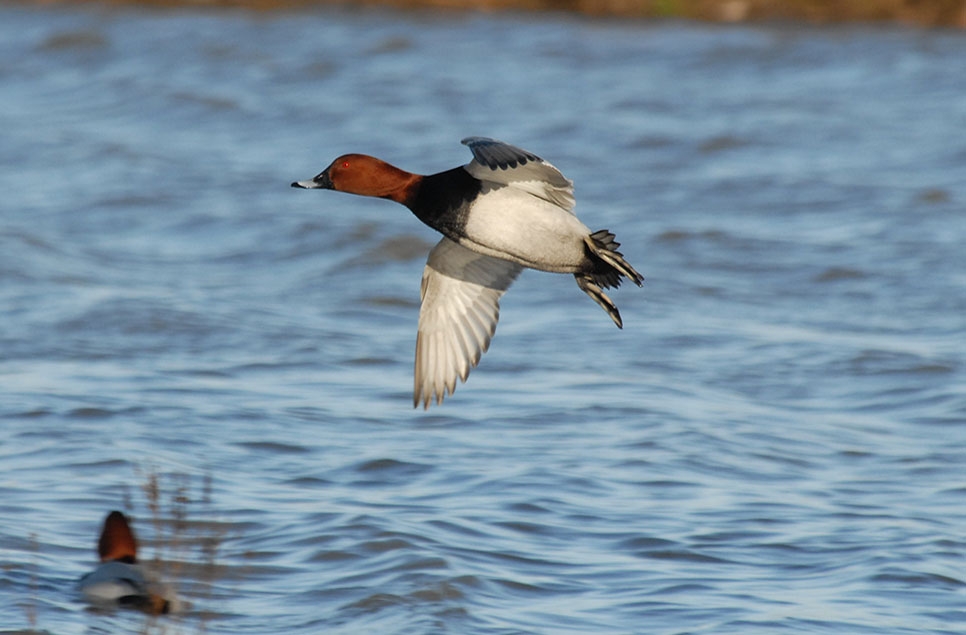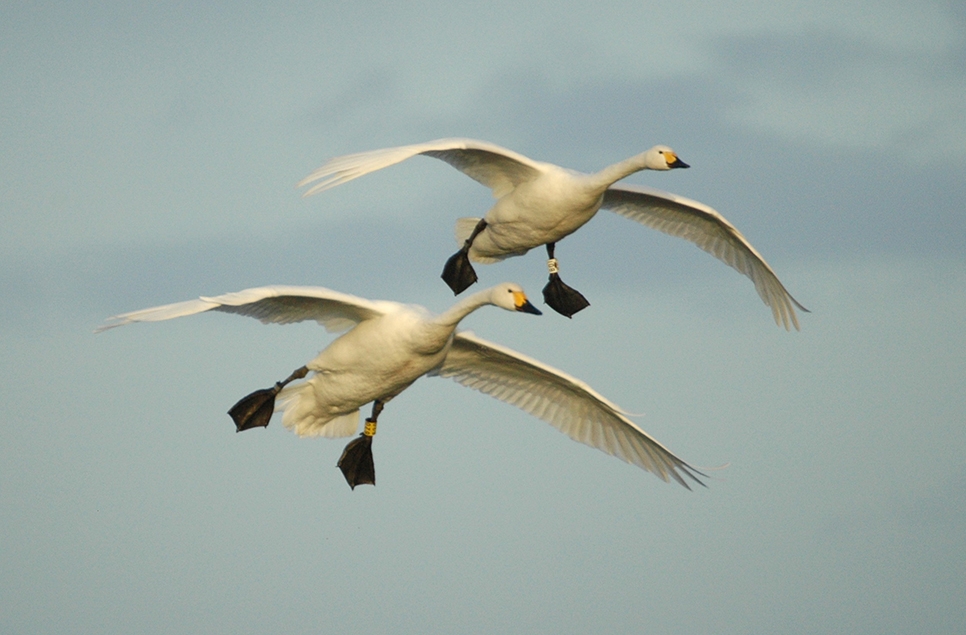New WWT report: PM and Environment Secretary urged to plan ahead

Families and businesses will be worse off if a Government manifesto commitment to the environment falls due to Brexit, says the Wildfowl & Wetlands Trust (WWT).
The Government’s proposed “25 year plan for the environment” has been postponed following the EU Referendum, having already been watered down from a Government UK-wide plan to just a Defra departmental plan for England.
The plan was supposed to reduce annual costs of environmental damage to businesses and households, by improving our environment. Estimates of these costs for the UK include £15-20 billion from air pollution1 and £1.4 billion from flood damage2 alone. much of which is met by our insurance premiums. Water pollution can add up to 17% to water customer’s bills3. Water companies in England and Wales spend at least £129m per year to clean farm pollution from our water4. Meanwhile the farmers themselves incur an extra £180 million per year in growing costs due to industrial chemicals in the air5.
But preventing environmental damage at source can have high returns. For example, it’s estimated that creating 100,000 hectares of new wetlands upstream from towns and cities could have an estimated benefit-cost ratio of between 3:1 and 9:1 because wetlands help to reduce floods, drought and pollution by regulating water flow.
A WWT report published today urges the Government to deliver its promise of a 25 year plan, and also to make itself accountable to Parliament through an annual budget statement on the value of the environment, alongside the value of the economy. In order to fund environmental improvements, the report cites the Norwegian approach, where companies who deplete the nation’s natural wealth have to pay towards renewing it through a ‘sovereign wealth’ fund.
WWT Chief Executive Martin Spray CBE says:
“We all end up paying for environmental damage through higher prices and taxes, as well as the social and health costs of Britain being a less healthy to live.
“Our recommendation is remarkably simple. Make the Government accountable to Parliament for the value of the environment as well as the economy. Transparency will drive improvement.
“This is a key early test for the new Prime Minister. Will she deliver a manifesto commitment to value our environment? And in a post-Brexit Britain she has another question to answer: will she commit to environmental protection improving on – or at least being equal to – that provided by the EU?”
The report recommends the Government should:
- Commit to a 25 year environment plan, with open public and Parliamentary consultation
- Ensure UK environmental protection is as strong or stronger in our new relationship with the EU
- Introduce an annual Natural Wealth Statement to account for our natural capital
- Appoint catchment commissioners, with powers of mapping, coordinating and commissioning
- Establish guidance and accreditation for recognised green prescription providers
The report will be launched by WWT at the Houses of Parliament on the evening of Tuesday 19 July, where Stanley Johnson, Green Party MP Caroline Lucas, Labour Shadow Environment Spokesperson Rachael Maskell MP and natural capital specialist Professor Georgina Mace also spoke.
The report’s foreword is written by TV presenter Steve Backshall, who writes:
“We need clear systems to put nature in the heart of democratic decision-making. It’s essential that we have powerful advocates in high places...The environment cannot be perceived as a troublesome shackle that is always dragging back progress. Nature must be seen as a treasure to be cherished.”
Sources:
- The Scottish Government, Cleaner Air for Scotland, the road to a healthier future, November 2015, is the source for the £15 billion figure. The £20 billion figure comes from the Royal College of Physicians and Royal College of Paediatrics and Child Health report, Every breath we take, February 2016.
- https://www.gov.uk/government/uploads/system/uploads/attachment_data/file/300332/04-947-flooding-summary.pdf table on page 12
- http://researchbriefings.parliament.uk/ResearchBriefing/Summary/POST-PN-478#fullreport page 1 of full report
- http://publications.naturalengland.org.uk/file/4506188897058816 Chapter 4, page 70, provides primary source material
- http://data.parliament.uk/writtenevidence/committeeevidence.svc/evidencedocument/environment-food-and-rural-affairs-committee/air-quality/written/24710.html Primary source Mills et al 2011



